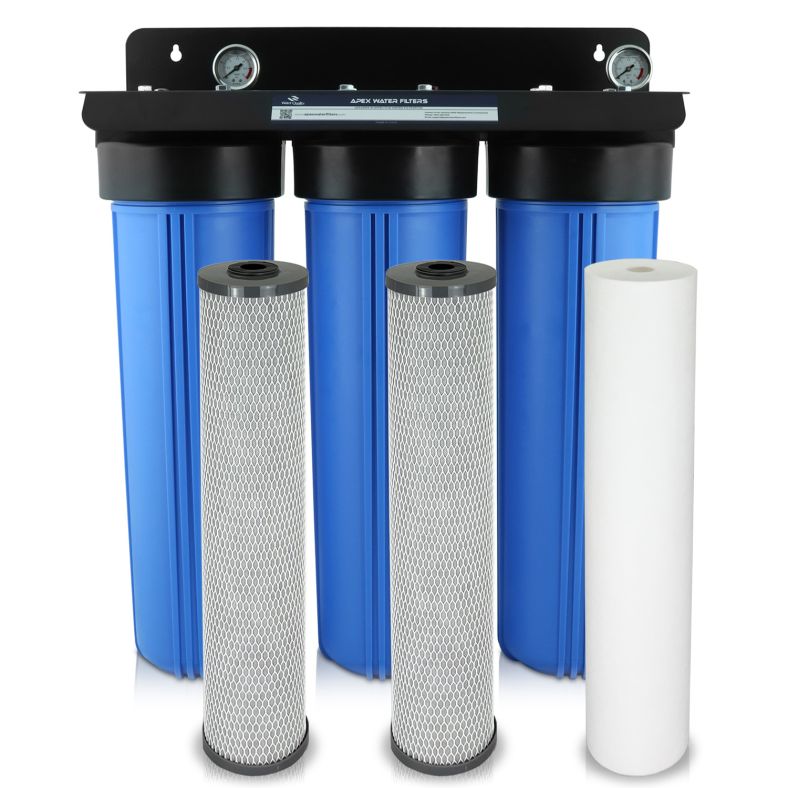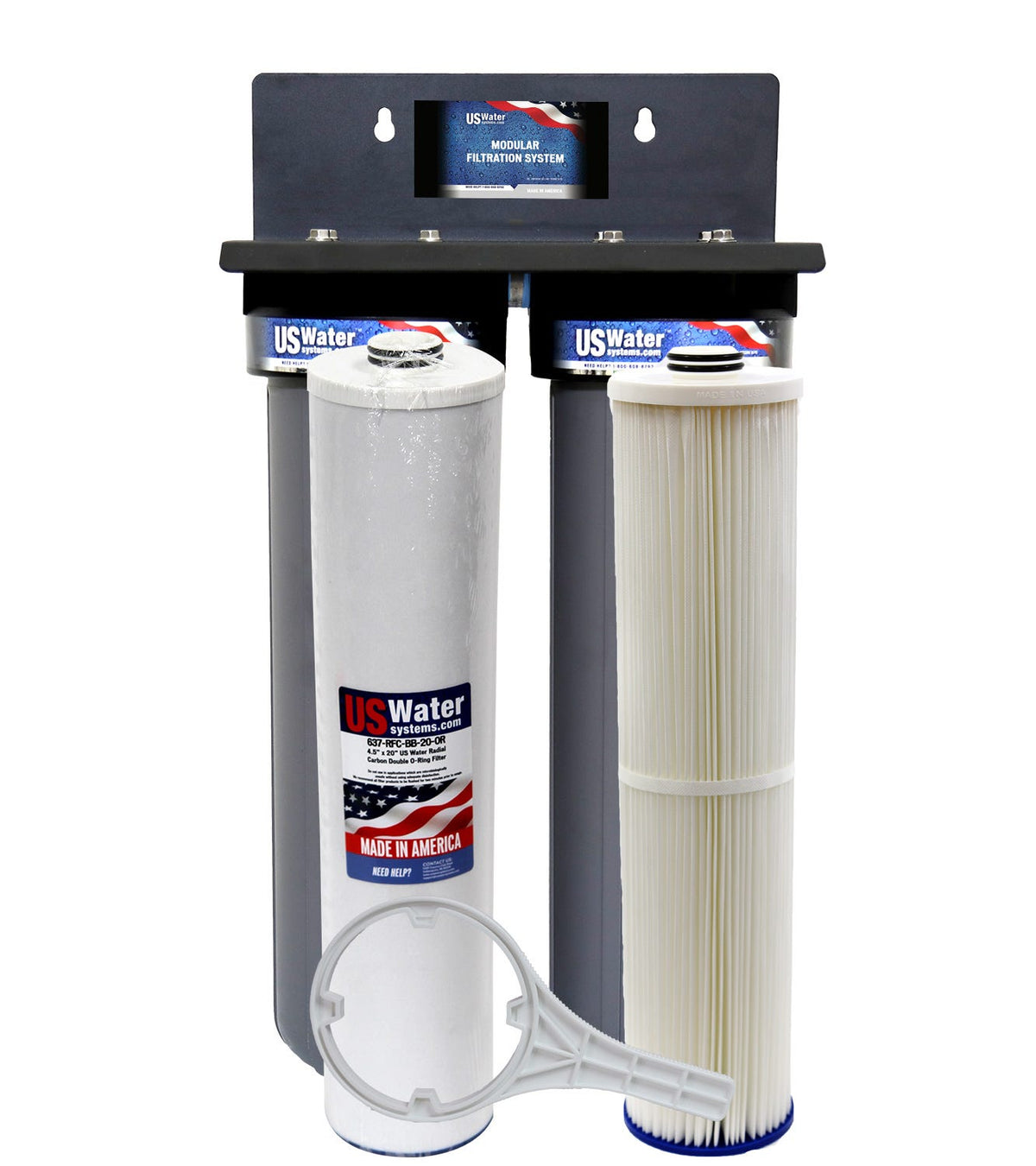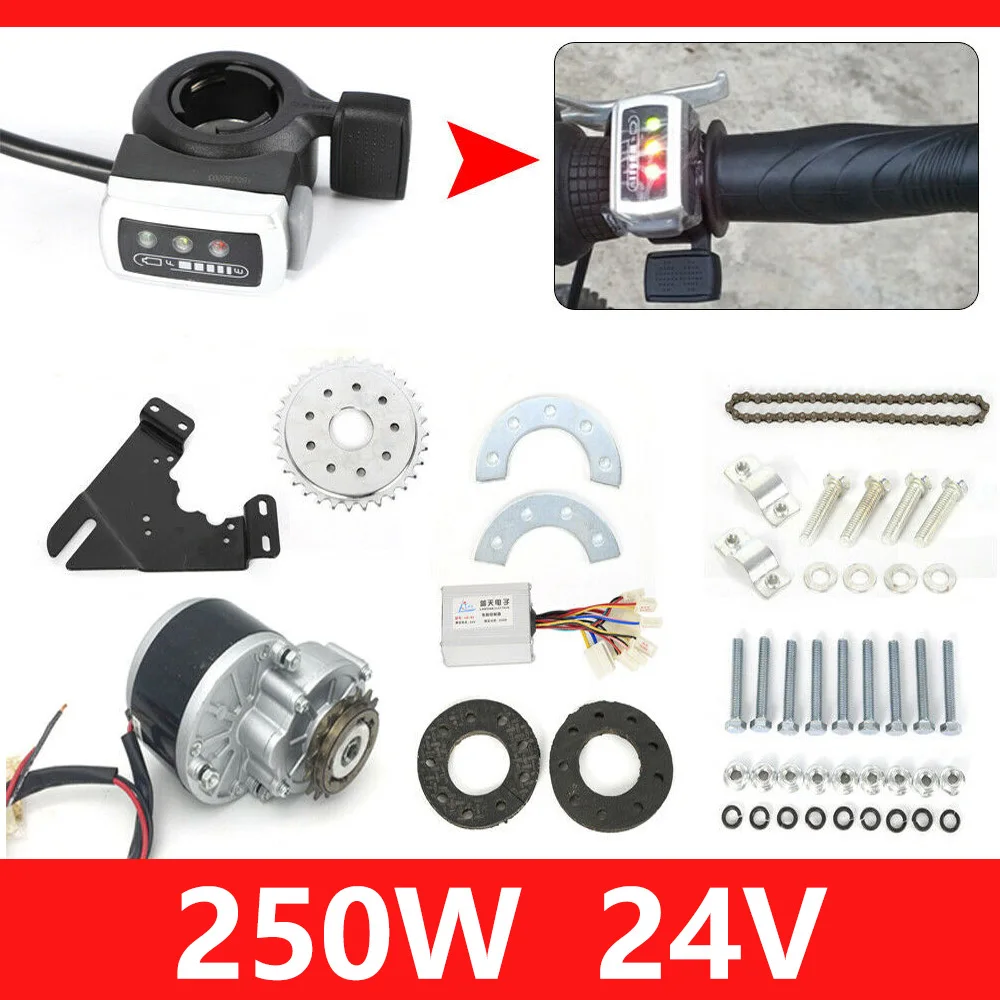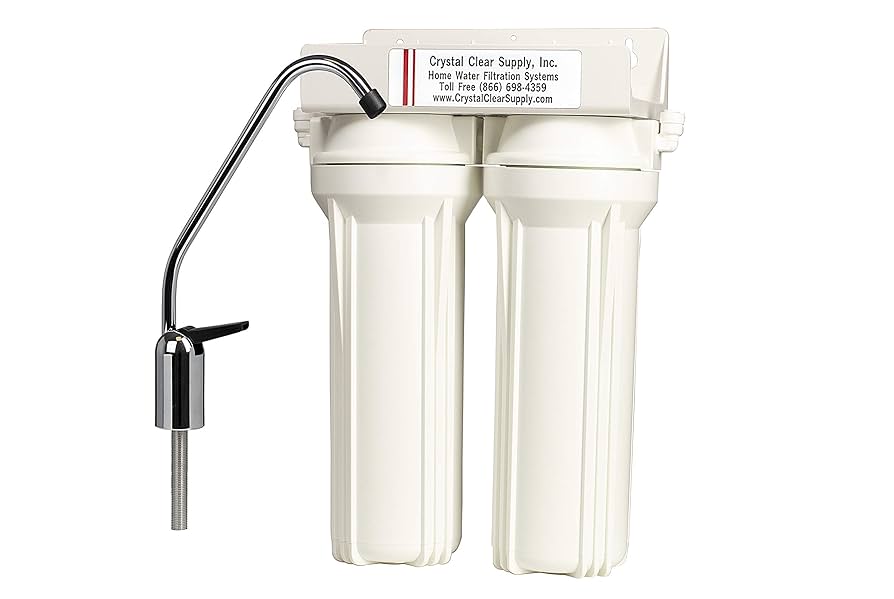Significance Of Chlorine In Water Treatment
Chlorine has quietly—and quite heroically—protected millions of people from waterborne pathogens ever since it became a staple disinfectant in the early 1900s. I still recall reading that its introduction slashed deadly outbreaks by nearly 90%, making once-toxic rivers and reservoirs safe for daily use [1]. Yet, it isn’t all sunshine and roses: as chlorine chases down bacteria and viruses, it can react with organic matter to form disinfection by-products like trihalomethanes, which have been linked to long-term health concerns [2]. These chemicals hang around in tiny concentrations, but enough to make some of us uneasy, especially when we detect that telltale bleach aroma wafting from our faucet.
Despite its drawbacks, chlorine’s role in public health cannot be overstated. It’s cheap, easy to dose, and forces water treatment facilities to maintain strict residual levels until the water reaches your tap. On the flip side, many of us recoil at the sharp, chemical bite it leaves behind—masking subtle mineral notes in coffee or tea, and even dulling the joy of a hot shower. I swapped to a simple activated carbon filter on my countertop and was astonished at how lifeless my morning espresso tasted beforehand; suddenly, it was rich, nuanced, alive.
That sensory shift is what drives homeowners to seek out chlorine removal solutions beyond municipal treatment. From kitchen taps to whole-house rigs, technologies now exist to strip chlorine and its by-products, leaving only the refreshing taste of H₂O. Industries—breweries, restaurants, car washes—have long embraced these systems to protect equipment and ensure consistency, and families are catching on. After all, when your water smells like a pool, you know something’s up.

Understanding Activated Carbon Filters
Activated carbon filters are like the unsung water-treatment sidekick: unassuming, yet remarkably effective. Crafted from coconut shells or bituminous coal, these carbon media are “activated” by heating them to extreme temperatures, creating a labyrinth of microscopic pores. When chlorinated water passes through, chlorine molecules adhere to the carbon in a process known as adsorption, removing up to 99.9% of free chlorine and drastically improving taste and odor [1]. In practical terms, that means your tea tastes brighter, your soups more flavorful, and your skin no longer feels stripped after a shower.
There are two main carbon filter forms: solid carbon blocks, prized for their consistent flow and contact time, and granular activated carbon (GAC), valued for managing sudden surges in water demand. Beyond chlorine, activated carbon chases away volatile organic compounds and many disinfection by-products that lurk unseen. Combine carbon with catalytic additives, and you’ll even tackle chloramines—those stubborn chlorine-ammonia hybrids—boosting overall performance [2]. For a deeper dive into downstream purification, see our reverse osmosis water filtration guide, which often starts with carbon as the first defense.

Activated carbon shows up in everything from countertop pitchers to elaborate under-sink assemblies, and even sprawling whole-house systems. A favorite of mine is the simple under-sink carbon block filter—it’s easy to install, cartridges last months, and maintenance is just a twist-and-replace away. Feeling adventurous? Gravity-fed countertop pitchers with GAC are compact and portable, perfect for camping or emergency kits. If you want to see how carbon fits into a larger water-treatment puzzle, check out our carbon removal filter guide for home solutions.
Combining KDF, Zeolite, and Activated Carbon for Enhanced Filtration
Layered filtration is where things get really exciting—like combining superheroes for maximum effect. In a tri-media stack, activated carbon captures free chlorine; KDF (Kinetic Degradation Fluxion) media uses an electrochemical reaction to neutralize residual chlorine and heavy metals; and zeolite granules mop up ammonia, trace organics, and tiny particulates for sparkling clarity [1]. This team effort extends filter life and ensures more robust removal across a wider range of contaminants.
KDF’s redox process transforms chlorine into benign chloride ions while also pulling in metals like lead and mercury [2]. Zeolite, a naturally occurring mineral, enhances softening by exchanging sodium ions for calcium and magnesium, all while trapping microscopic debris and odors [3]. Taken together, these layers relieve pressure on the carbon, delaying saturation and guaranteeing crisp, clean water for far longer.

Many whole-house units marry these media to treat thousands of gallons without frequent maintenance. If you’re curious about treating every faucet and shower in the house, explore our primer on whole-house water purification. Frankly, after seeing how this layered approach revives the taste of cooking water and softens my skin on long showers, I’m a believer.
Point-of-Use vs Whole-House Systems
Deciding where to remove chlorine hinges on usage patterns and budget. Point-of-use filters—think under-sink carbon blocks or countertop systems—focus on one tap, delivering up to 99.9% chlorine removal [1]. They’re quick to install, wallet-friendly, and easy to swap every 6–12 months. Perfect for crisp drinking water and culinary needs, they let you target your investment where it matters most.
Whole-house systems, by contrast, tackle every drop entering your home. Blending catalytic carbon, KDF, and zeolite, these setups scrub chlorine and chloramine from showers, laundry machines, and garden hoses alike [4]. Yes, the initial price tag and occasional backwashing can feel hefty, but the payoff—chemical-free showers, softer skin, and longer-lasting appliances—is hard to beat for busy families.
Installation, Testing, and Maintenance Best Practices
Installing a chlorine removal system can be a satisfying weekend project. Start by turning off your main water shutoff and relieving pressure at a faucet. Mount your filter housing—whether a point-of-use bracket or a robust backboard for whole-house tanks—ensuring it’s level and accessible. Compression fittings and quick-connect hoses simplify hook-ups; just double-check for leaks when you restore water flow [3].
After installation, flush the system for 5–10 minutes to clear carbon fines and prime the media. Then, measure chlorine levels: colorimetric test strips give a quick visual, while digital photometers deliver precision to 0.01 ppm [2]. For whole-house setups, keep an eye on pressure gauges—a steady drop signals it’s time for media replacement or backwashing.
Maintenance is straightforward: flush point-of-use filters every few months, swap cartridges on schedule (6–12 months for under-sink, 12–18 for whole-house), and log test results to catch seasonal spikes after utility work. Below is a quick comparison of typical system costs and maintenance intervals:
| System Type | Upfront Cost | Annual Maintenance | Lifespan Before Media Change |
|---|---|---|---|
| Pitcher/Gravity Filter | $25–$40 | $90–$150 | 2 months |
| Under-Sink Carbon Block | $120–$200 | $40–$60 | 6–12 months |
| Whole-House Multi-Media | $800–$1,200 | $100–$200 | 12–24 months |
Choosing the Right Chlorine Removal System
Finding the ideal chlorine removal solution boils down to matching your water chemistry, flow needs, and willingness to maintain. Activated carbon filters reign supreme for everyday use, whisking away free chlorine and off-flavors with ease [1]. If chloramine is your nemesis, catalytic carbon or specialized cartridges are the secret weapon [2]. For the ultimate contaminant knockout, reverse osmosis systems marry carbon pre-filters with fine membranes, slicing chlorine by 98% and tackling heavy metals and nitrates in one sweep [3].
Conversely, budget-minded families might lean on gravity pitchers or basic countertop setups—portable, simple, but requiring frequent refills. Whole-house rigs demand the highest upfront spend but reward you with chlorine-free water at every tap, often paying for themselves through reduced appliance wear and bottled-water bills. Whichever path you choose, securing a system—whether a sleek under-sink unit or a robust multi-media tank—means sipping with confidence, knowing each drop is as safe and pure as it can be.
Citations
“`html
Complete Top Picks Comparison – 20 Products
| Product | Source | Price | Rating | Image | Buy |
|---|---|---|---|---|---|
| Waterdrop Whole House Water Filter System, Reduce Iron & Manganese, with Carbon and Sediment Filters, 5-Stage Filtration, Reduce Iron, Lead, Chlorine, Odor, 2-Stage WD-WHF21-FG, 1″ Inlet/Outlet | $179.99 | ★★★★☆ |  | Buy on Amazon | |
| AO Smith Whole House Water Filter System – Whole Home Filtration for Well & City Water – Filters 96.9% of Chlorine Taste & Odor – 6 yr, 600,000 Gl, AO-WH-FILTER | $349.99 | ★★★★☆ |  | Buy on Amazon | |
| Epic Water Filters REPLACEMENT FILTER/Compatible with Epic Pure Water Pitcher/Removes Fluoride, Lead, Forever Chemicals, Heavy Metals, Chemicals, Industrial Pollutants/Filters 150 Gallons | $53.00 | ★★★★☆ |  | Buy on Amazon | |
| GreenGro Large Capacity Water Filter for Garden & Water Hoses – Removes Calcium, Chloramine, Chlorine, Heavy Metals/Pond Dechlorinator/Organic Gardening/Hydroponic Reservoir & Tank | $49.17 | ★★★★☆ |  | Buy on Amazon | |
| Express Water Whole House Water Filter System | Ultimate Protection | 3 Stage Water Purifier Whole Home, Heavy Metal + Anti-Scale Filters, High Reduction in Scale, Chlorine, PFAs, Lead, Arsenic & more | $599.99 | ★★★★★ |  | Buy on Amazon | |
| Aquatic Life Sediment Carbon Plus Water Filtration System, Particulate Chloramine Chlorine Reduction System | $48.26 | ★★★★★ |  | Buy on Amazon | |
| iSpring Heavy Metals Whole House Water Filter System, Reduces Lead, Chloramine, PFAS, Chlorine, Sediments, 3-Stage Whole House Water Filtration System, 3/4″ Inlet/Outlet, Model: WCB32C-KS | $236.71 | ★★★★★ |  | Buy on Amazon | |
| iSpring WGB21B 2-Stage Whole House Water Filtration System, with 10″ x 4.5″ Sediment CTO(Chlorine, Taste, and Odor) Filter, 1″ Inlet/Outlet | $150.00 | ★★★★★ |  | Buy on Amazon | |
| Epic Water Filters REPLACEMENT FILTER for Epic Nano Water Filter Pitcher or Dispenser. Nanofiltration Removes Bacteria, Virus, Cyst, Lead, Chromium 6, PFOS, PFOA, Heavy Metals, Pesticides | $53.00 | ★★★★★ |  | Buy on Amazon | |
| iSpring Whole House Water Filter System, Reduces Iron, Manganese, Chlorine, Sediment, Taste, and Odor, 3-Stage Iron Filter Whole House, Model: WGB32BM | $473.68 | ★★★★★ |  | Buy on Amazon | |
| Tongsheng TSDZ2B 48V 500Watt Ebike Blushless Motor Kit Dual Clutch Torque Sensor Mid Drive Electric Bike DIY Conversion Kit | $282.53 | ★★★★★ |  | Buy on AliExpress | |
| 24V 250W Brushed Motor Electric Conversion Kit for Common Bike – Thumb Throttle | $72.47 | ★★★★★ |  | Buy on AliExpress | |
| 2023 New Ebike Display Display Screen 48-72V E-Bike Electric Bike Scooter LCD Display Motor Speedmeter Approx 25Cm | $9.45 | ★★★★★ |  | Buy on AliExpress | |
| 700C Electric Bike Coversion Kit 1500/2000W Brusheless Gearless Motor Wheel with 13/20AH Lithium Battery Ebike Kit for Adults | $163.86 | ☆☆☆☆☆ |  | Buy on AliExpress | |
| CSC 36V 250W 350W 500W E-bike Conversion Kit 48V 1000W 1500W hub Motor Bike Wheel for 20 24 26 27.5 28 29 700C electric bicycle | $163.53 | ★★★★☆ |  | Buy on AliExpress | |
| BAFANG 750W EBIKE Conversion Kit with Battery – Upgrade Your Regular Bicycle to Electric Bike with Peak 1300W Rear Hub Motor | $265.86 | ★★★★★ |  | Buy on AliExpress | |
| Electric bike Conversion Kit 72V5000W Rear Rotate Fat EBike Kit e-bike hub motor Wheel Kit 20 24 26 * 4.0 Rear Fork 170mm | $210.22 | ☆☆☆☆☆ |  | Buy on AliExpress | |
| 52V 2000W Electric Bike Conversion Kit 20/26/27.5/29 inch Ebike Brushless Gearless Rear Hub Motor Wheel For Ebike Conversion Kit | $143.75 | ★★★★★ |  | Buy on AliExpress | |
| 20″ 48V 1000W Front/Rear Wheel Electric Bike Conversion Kit, E-Bike Powerful Hub Motor Kit with SW-810LED Display | $149.88 | ★★★★☆ |  | Buy on AliExpress | |
| 14 inch Electric Scooter Hub Motor Kit 48V 60V 72V 1000W-3500W Motorcycle Engine Motor 120km/h Elektrikli Bisiklet Bicicleta | $189.03 | ☆☆☆☆☆ |  | Buy on AliExpress |
“`

